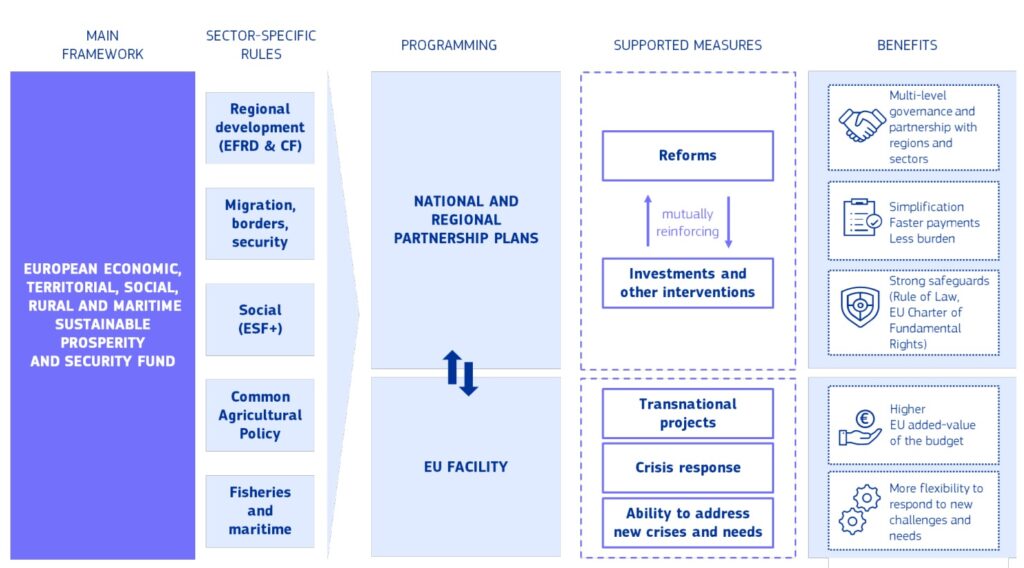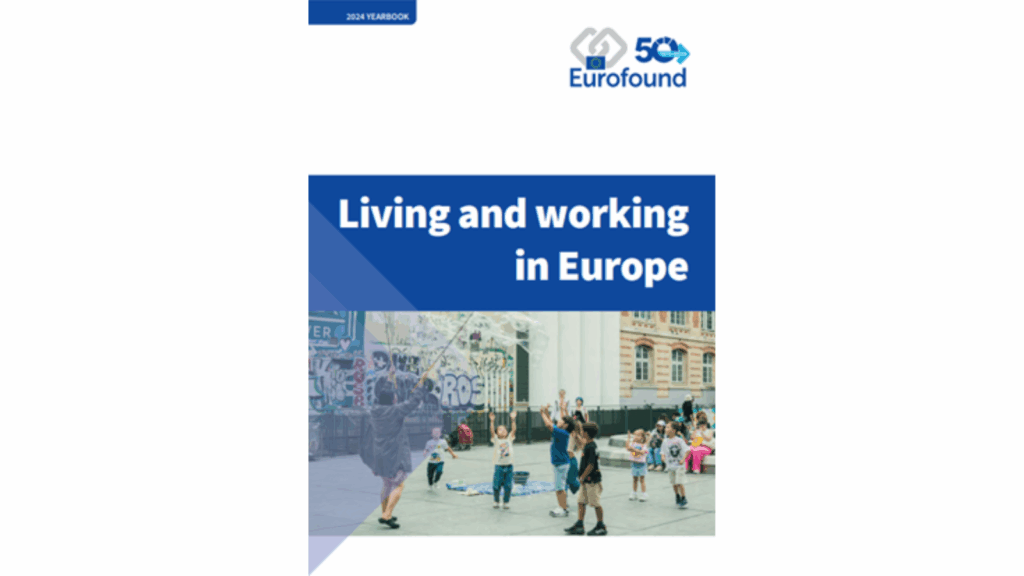The EU and its governments must act swiftly for a families-sensitive approach to energy policy and planning. This includes integrated policy solutions that combine energy and social policies – these are vital in addressing the multifaceted nature of energy poverty. COFACE has developed a policy brief to highlight the family dimension of energy poverty often overlooked by policy makers.
Recently, COFACE members have reported worrying impacts of energy poverty on families. Given the negative effects of the current energy crisis, they are at increased risk of poverty and social exclusion. This policy brief builds on inputs from COFACE members to highlight the family dimension of energy poverty often overlooked by policy makers. This especially applies to families which may be in more vulnerable situations, such as single parent households, women-headed households, families with disabled family members, as well as larger families and intergenerational households.
The policy brief examines what factors contribute to supporting a more families-sensitive approach to energy policy and programming for the effective implementation of social rights, namely factoring in the impact of energy poverty on children and their rights, on women and on persons with disabilities. In the light of the current energy crisis, this brief also considers what further policy adjustments are needed to address new emerging challenges. For instance, due to the inflation resulting from the economic crisis, the increase of child benefits or subsidies for low-income households to help them afford rising energy costs, through energy vouchers or through affordable basic energy packages.
The policy brief stresses the challenge of energy poverty focusing on families formulated together with our members mentioned above. The second part highlights the issues of different types of families in terms of energy poverty. The third part provides a general overview of EU policies tackling energy poverty, highlighting their social aspects and impacts on families. The fourth part of the brief brings in the national perspective and presents national measures to help energy poor citizens. For this part, the brief is based on crucial input from COFACE members. Finally, the concluding section highlights some COFACE messages and priorities for future EU policy and legislation, providing recommendations in this regard.
EU policies and Member States must recognise the unique challenges faced by these families in vulnerable situations and implement effective measures to alleviate their energy poverty. This includes developing tailored support programmes, by promoting energy efficiency and the use of renewable energy sources, investing in housing measures and public transport and targeted subsidies for low-income households.
By prioritising the specific needs of these families, civil society is ready to work towards co-creating a more inclusive energy system that leaves no one behind.
While existing EU policies provide a solid framework, it is crucial that the families dimension be fully integrated into these frameworks, taking into account the specific needs and vulnerabilities of households with children and dependents. Therefore, it is essential for Member States to proactively implement and adapt these measures, ensuring that no European family is left in the cold at home. By prioritising the family perspective and facilitating collaboration between EU institutions and national governments, a comprehensive and inclusive approach can be created to tackling energy poverty, where all families have access to affordable, reliable, and sufficient energy services. This commitment to tackling energy poverty at the families level will contribute to a more sustainable and socially just Europe.





